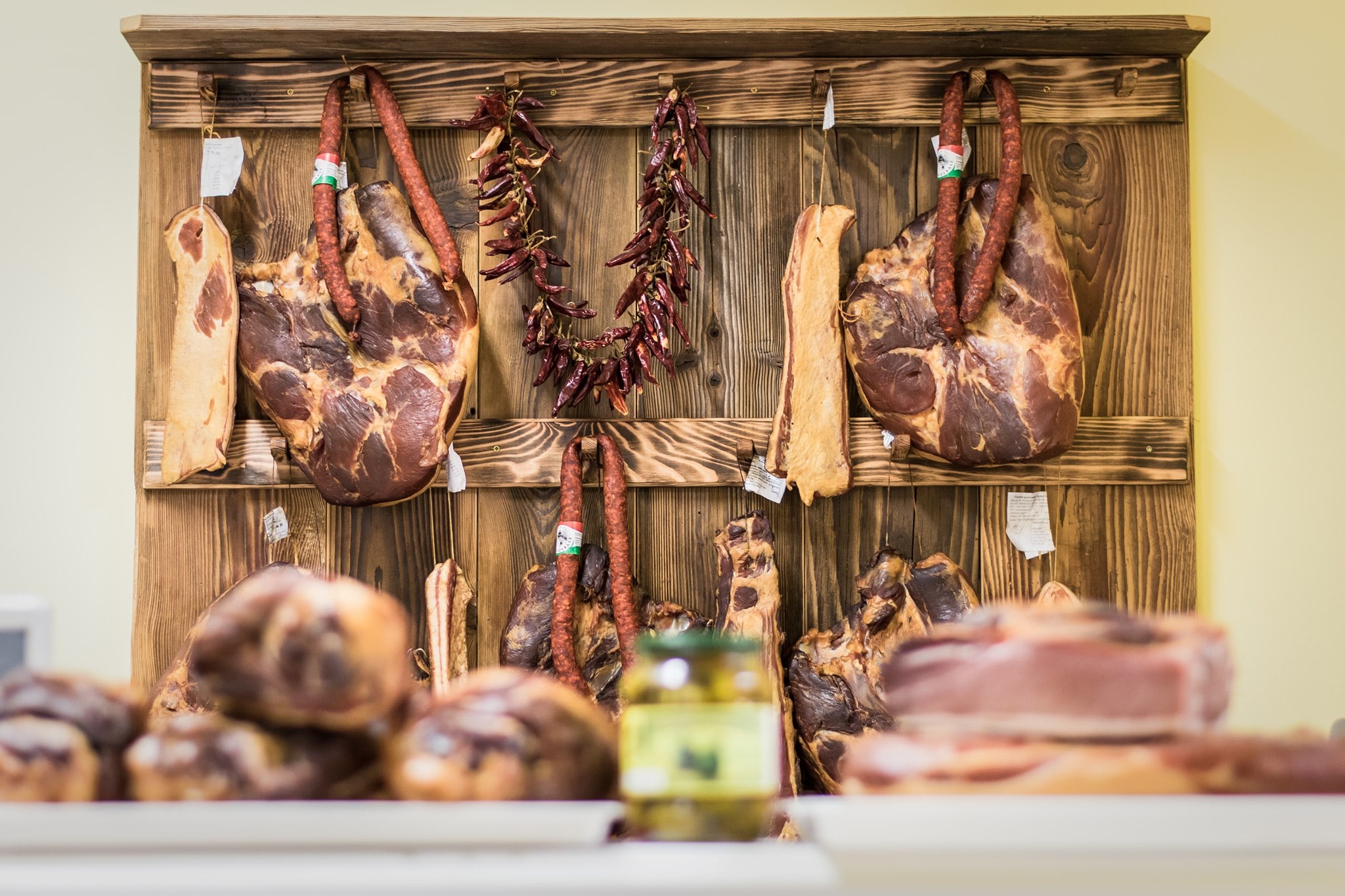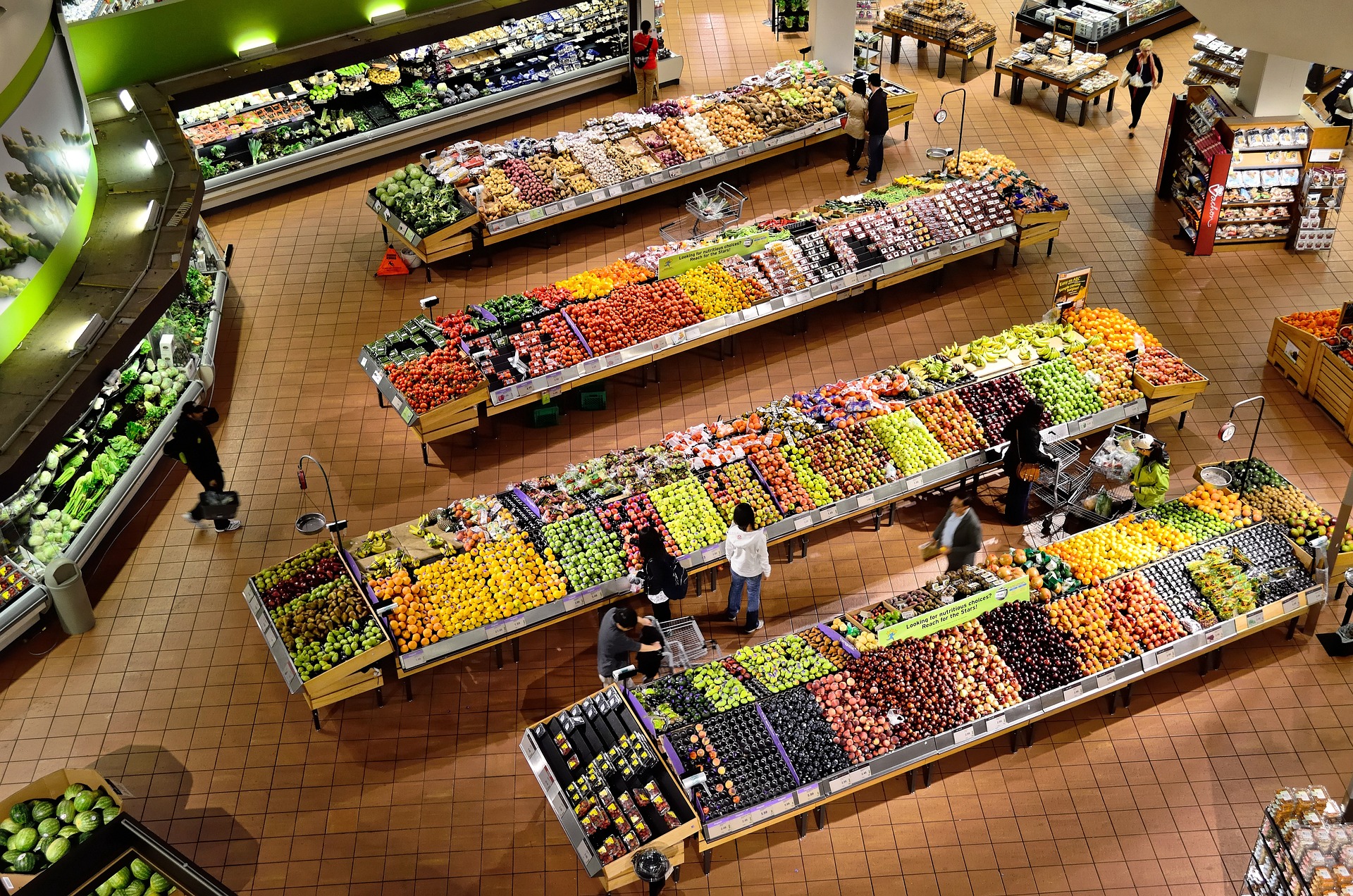
The government should take measures that would strengthen the sales opportunities for Hungarian meat products.Continue reading

The government’s 2030 Competitiveness Strategy promises “soft protectionist” measures to protect domestic food companies. This also means that the authorities will take stronger action to protect Hungarian suppliers, reports Világgazdaság.
By the end of the decade, the government’s Competitiveness Strategy developed by the Ministry for National Economy, says, the aim is to put the Hungarian food industry’s productivity in the top half of the European league. According to the cabinet’s plans, significant progress will be made in the next few years in the level of digitization of food processing plants and the application of artificial intelligence in the industry will become worthwhile. This will require an overhaul of support and regulatory systems, which the strategy says will be responded to by operators with scale-efficient production that can compete in international markets.
The strategy places particular emphasis
on the objective of increasing the share of processed crop products in Hungary, and of reaching a higher degree of processing for both domestic and export markets.
In addition, special attention will be given to the development and marketing of plant-based products. Perhaps in this way – although it does not mention by name – the strategy also takes account of the increase in the number of people following a vegetarian or vegan lifestyle.
It also gives priority to the protection of domestic companies, with the prospect of ‘”soft protectionism,” focusing on the meat industry. One means of protecting domestic firms could be to improve the current position of Hungarian suppliers in the domestic retail sector, through regulatory and economic policy measures.
Such “soft protectionist” measures are described in the Competitiveness Strategy as
Under the plans adopted by the government,
stronger action by the National Tax and Customs Administration, the National Food Chain Safety Office, and the Hungarian Competition Authority can be expected to strengthen the transparency and clarity of market processes.
In addition, the strategy foresees targeted state support for exports and foreign expansion in the framework of export promotion, as well as support for Hungarian companies to expand abroad.
The development of the food industry is also reflected in the 2030 Industrial Strategy. For instance, to increase competitiveness, the ministers concerned have until April 30 to propose reductions in operating costs and tax burdens. The Minister of Agriculture has also been given a dedicated task to propose support schemes that could be launched from 2025 onwards, but cannot be supported from available resources or where the available resources are insufficient. The Agriculture Minister is also tasked with developing a support program to enable domestic companies to substitute imports by developing their specific products and services.
Via Világgazdaság, Featured image: Pixabay